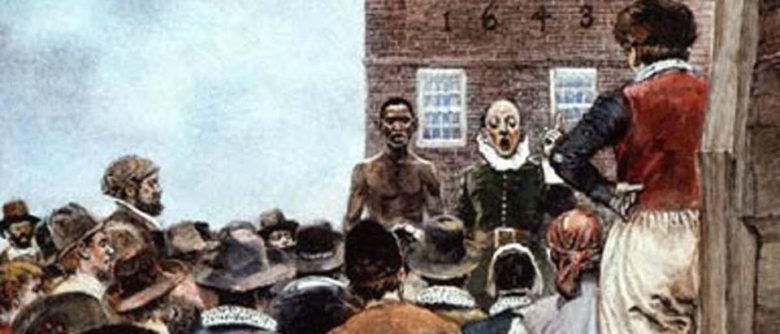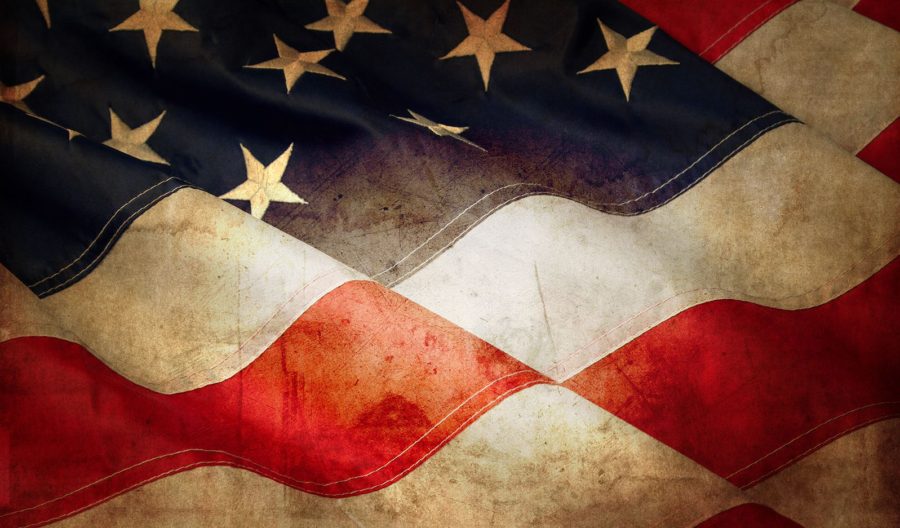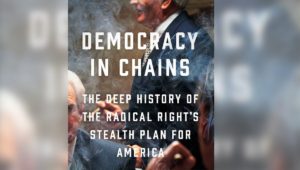What did the American slaves earn with their involuntary servitude? An attaboy and a pat on the back? Unfortunately, they earned even less than that. They earned nothing in terms of profit during that four century exploitation and they received nothing at the moment of emancipation. What about the price we paid in American lives during the Civil War? Make no mistake, we are all suffering the loss of life during our civil war. The war was fought on behalf of the American South in defense of slavery and the southern states’ rights to practice slavery without opposition. I argue that reparations for that war and reparations for slavery itself are in order. I wouldn’t say that Southern states should pay a lion’s share of reparations for slavery, although that case could be made. In any case, a debt is owed to the American descendants of slaves. Reparations should be paid to black Americans and, if they aren’t, slavery’s legacy will remain an unatoned sin perpetrated by those States that defended it. When a child does wrong, we instruct them to own up and take responsibility for their behavior. Who has owned up for American slavery? Unlike the child previously analogized, a simple apology will never suffice for the malice, rape, murder, and evil that characterize the institution in question. A debt is owed. A debt should be paid.
We should end slavery, pay reparations, and institute basic income. All these are steps toward eliminating the racial wealth gap to the extent that equal opportunity can eliminate it. The racial wealth gap is a perniciously intractable problem. A significant part of the basis of Judeo-Christian society is the appeal to individual choice and responsibility. Almost all of the race problem in America has been subsumed by the class problem, a social ill immemorial. To be sure, we, black Americans, were beaten, lynched, and repeatedly thrown into the dustbin of poverty before they marched on Washington to put an effective curb on the active pummeling of black American culture. Still, Jim Crow, redlining, and the war on drugs did a number on us that may have put many black families down for the count.
This is where we find ourselves. 89% of white Americans live above the poverty line. Only 74% of black Americans live above that line. The median net worth of a white family is $171,000. Whereas, the median net worth of a black family is $17,150 according to the 2016 Federal Reserve Board Survey of Consumer Finances. Unfortunately, the fact that the median white net worth is ten times the median black net worth only begins to tell the story of the current racial wealth gap. The billionaire class is excluded from the first graph because their presence flattens the wealth comparison for the rest of America. The slant leading from the 99th percentile to the billionaire class is misleading. A more accurate graphical representation of the modern wealth distribution would be a reversed capital “L” when taking billionaires and all of our population into consideration.
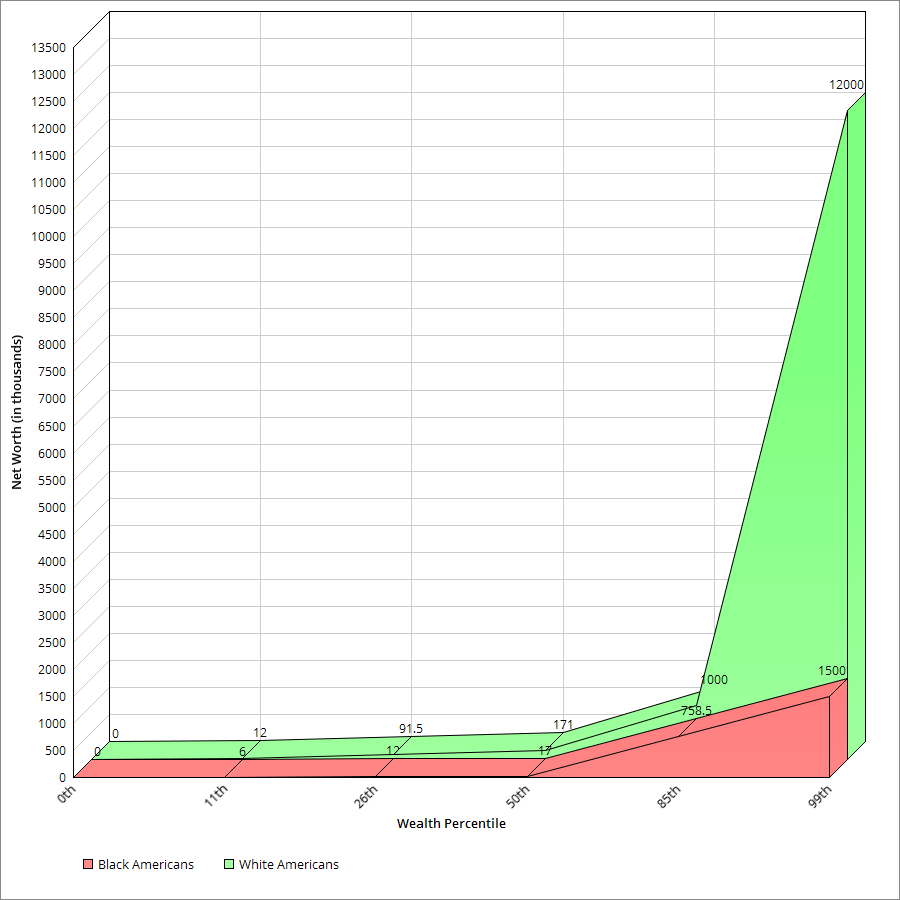
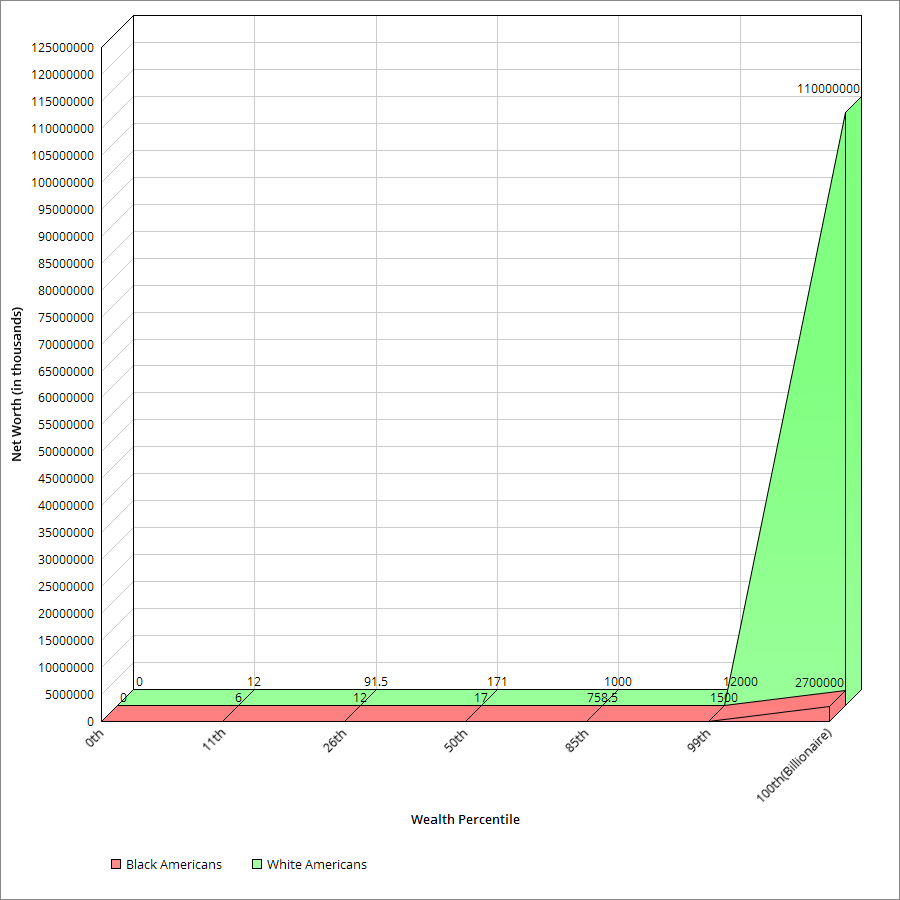
The financial lead our nation’s wealthy have in front our nation’s poor is not insurmountable when we take into account the time scale on which societies evolve. There was probably obvious wealth inequality in ancient Egypt, we know that there was while Jesus walked, there was almost certainly an extreme wealth imbalance during Saint Steven I’s reign in Hungary and there’s gross wealth inequality now. Egypt was repeatedly attacked and weakened until finally Egyptians couldn’t withstand the onslaught and Rome was allowed to rule. Hungary and half a million of her citizens were destroyed in body and spirit by the Mongols. What will happen to us? The answer is; whatever we choose. We can learn from the mistakes of the past. We don’t have to let inequality inevitably careen towards a catastrophic loss of life. We can end slavery, pay reparations, and institute basic income.
Today is also the best of times. This may seem double-mouthed but a 400 meter dash is a fitting analogy. Towards the end of the race, the leader can have a wider lead than she’s ever had and the racer pulling up the tail will be the furthest around the loop she’s ever been. But unlike a 400 meter dash, competition between families doesn’t have a preordained and agreed upon finish line which, upon all racers crossing, the positions will be reset and made equal. The lead just keeps growing and growing until an outside force acts on it. “In the richest country two centuries ago (the Netherlands), life expectancy was just forty, and in no country was it above forty-five. Today, life expectancy in the poorest country in the world (the Central African Republic) is fifty-four, and in no country is it below forty-five.” Steven Pinker, Enlightenment Now (emphasis his). Ever increasing individual freedom and steady technological innovation have brought us, humans, unprecedented prosperity and striking global inequality, simultaneously. New problems usually warrant new solutions.
I oppose all calls for forced equity. Trying to enforce equal outcomes despite meaningful variance between choices individuals make is a step too far into totalitarian and communistic ideology for me. I’m a proponent for equal opportunity. Objective freedom (as opposed to subjective freedom, a whole other bag of worms) is being able to decide how you spend every moment of everyday with little to no consequence for changing your mind on a whim. Work hard, watch tv all day, buy a house, learn a trade, take 6 months off on an island, find a mate, dump your partner, read Twitter, when what you pay attention to is ultimately up to you, you’re objectively free. That said, financial freedom is what many mean when they invoke the concept of freedom generally. The freest in that sense, using financial freedom as our baseline, are those born into wealth. They can pursue most of the goals that autonomously occur to them as worthwhile and they can fight back if someone tries to prescribe them goals that they “have” to move towards. What most Americans “have” to do in 2019 is sell some amount, usually a very large amount, of their effort and time to a buyer of their choice until they are financially free enough to own all of their own time. Phrases like “independently wealthy” and “f**k you money” represent that state for an individual. We have improved society to the degree that almost all of us have objective freedom. We should continue to improve our way of life such that every human thereafter will be born into financial freedom. Black Americans are every bit as intellectually capable as non-black Americans. Weighing blackness in student admissions and hiring practices has helped a little bit and will probably continue to help for the near term future but they won’t go as far as we need to go while healing the damage of slavery. Equal opportunity for black Americans would mean the median net worth of families being $171k. Equal opportunity for black Americans would mean being hired or admitted because we’re the best candidate for the position not because the institution has a quota to fill. It’s very likely that if those factors were closer to equal for blacks and non-blacks, socioeconomic outcomes would also be closer to equal. Still, we have to maintain the primacy of individual choice and personal responsibility while recognizing the facts of unequal opportunity. How do we do all these things at the same time? End slavery, pay reparations, and institute basic income.
How do we decide who gets reparations? Take the 40M Americans that identified as black on the last census and subtract the foreign born Africans living in the US (about 2M people). I think we should give each of those 38M people a payment of $19k/yr for 5 years. This is about the modern value of 40 acres of arable land and a tractor. We should also end affirmative action programs while or after the reparations are paid. If this number seems unreasonably large, ask yourself; was 40 acres of land ever a reasonable offer for newly freed men? If this number seems unreasonably small, ask yourself; do I really want to see reparations paid? Those are the rationale that I’m using for this number. It’s small enough to be payable and large enough to be accepted as somewhat proportionate to the humanitarian horror it’s connected to.
“With the official closing of the African [slave] trade in 1808 the domestic trade became more profitable; and by 1815, about the time of the great movement of the population into the cotton kingdom, it had become a major economic activity in the country…Many business firms that dealt in farm supplies and animals frequently carried a ‘line’ of slaves. Auctioneers who disposed of real estate and personal property sold slaves along with their other commodities. Planters who were abandoning their farms or were undergoing some kind of retrenchment either passed the word around or advertised in the newspapers that they had slaves for sale. Benevolent organizations frequently sold slaves by lottery.” – John Hope Franklin, From Slavery to Freedom (emphasis mine)
It’s hard to imagine being treated like a product but you should imagine it. You should imagine it with vigor and honesty. You parents were born and died as commodities. Your grandparents were born as free Africans but their deaths were so brutal your family never talked about them. You have a wife whom you helped join a group that was escaping to the North a year ago. You don’t know if she made it or not. You’ve had 5 children over the last ten years. 2 died of illness and infection, 3 were kidnapped and sold while you slept, you hesitated before naming the last one because you knew it’d be changed against his will soon enough. Your master has become an auctioneer. You’re standing next to him on an auction block oiled, shirtless, and chained with the sun baking overhead. The crowd is so noisy. Some people are talking to their friends about what they’ll do that afternoon. Some people are discussing how great the local economy is doing. You breathe slowly and heavily. You dare not scan the crowd too intensely lest you accidentally make eye contact and be whipped in front of everyone. You look strong. You look healthy. But you’re dead. You’re the walking dead and no one you know cares.
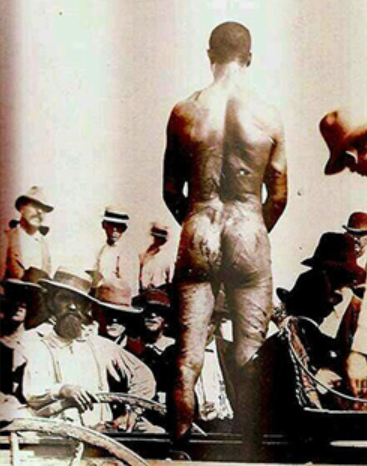
Technically, slavery is still an active practice. There’s an exception in the 13th amendment that was brilliantly brought back to our attention by Ava DuVernay in her recent documentary. I’ve written more deeply about this specific topic and I’ll summarize my argument. The American penitentiary system is an immoral embarrassment. If we remove the exception from the 13th amendment, inmates will no longer technically be slaves. When inmates are no longer technically slaves, we can legislate meaningful reforms and take a step out of that anachronistic muck.
200 years ago blacks weren’t seen as people, 160 years ago we couldn’t be citizens, our right to vote wasn’t defended until 50 years ago, we broke the highest glass ceiling 11 years ago. Today, we’re equally American despite the fact that we aren’t equally as well off. What happens to America’s poor over the next 50 years happens to black people disproportionately. That’s why we should implement basic income as a boon to America generally and black America specifically. $12k/yr would be quite the game changer for me personally. I’d be out of debt and into positive net worth much quicker with an institution like that in place. Black Americans should be more excited about Andrew Yang’s candidacy than any other group because we stand to gain the most if he wins and lose the most if the status quo is maintained. We cannot force 12% of CEOs, 12% of billionaires, 12% of hedge fund managers, and 12% of inmates to be black by social engineering from the top down without sacrificing the primacy of individual choice and individual responsibility. That’s putting the cart before the horse in a major way. We can be sure that inmates are on the books as fully human, the economic burden of the legacy of slavery is meaningfully offset for modern black Americans, and America’s poor continue to have objective freedom, and possibly financial freedom, in perpetuity. End slavery, pay reparations, and institute basic income.
